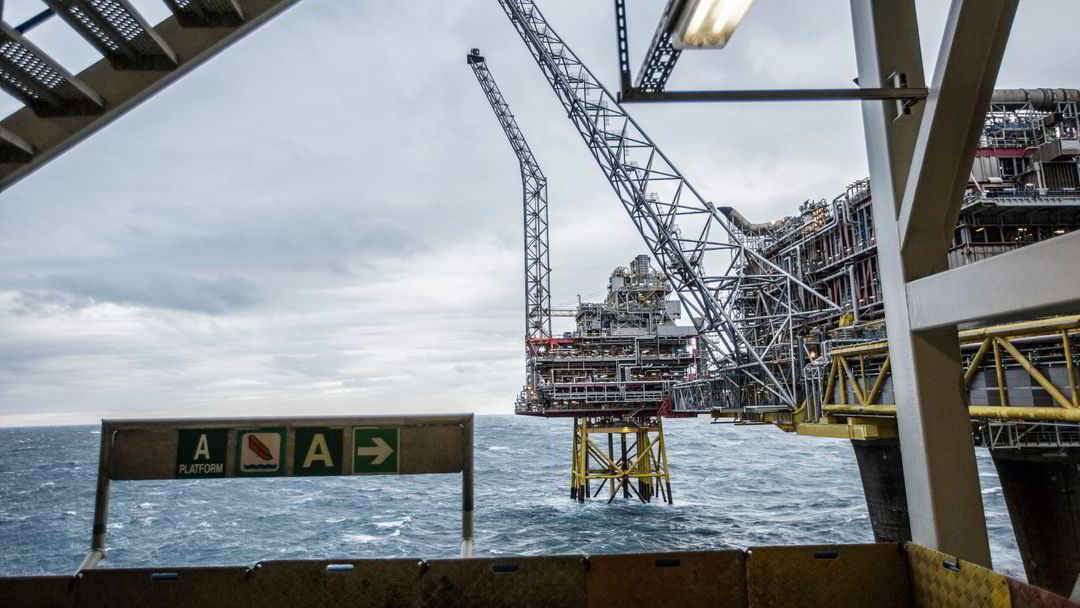–
The Solberg government recently put forward proposals for a new petroleum tax system. SV “cheers” in a notion that the oil tax subsidies will be removed, while the Liberal Party believes the changes will stop unprofitable projects.
The FRP, on the other hand, threatens to overthrow the government, while the MDGs call it all a hoax and the nature conservation association is negative. But who has been tricked?

Ole André Hagen
The new proposed tax system means that the oil companies now receive a tax refund of 78 per cent of the investment amount immediately, while they previously received a 90 per cent refund over a six-year period. A simple cash flow calculation will show that the new scheme is in reality a financing package of a net 62 per cent of the investment amount at an interest cost of 6.3 per cent, compared with the current tax system.
In a world where access to capital is becoming increasingly difficult for fossil projects, the new proposed system thus entails a welcome helping hand from the state: It takes effect when the financial market “fails” climate-damaging sectors.
The removal of the reimbursement scheme for exploration results in a small increase of eight per cent from the previous system, but given that exploration costs represent a fraction of the investment budgets on the Norwegian shelf, this is only a small bracket.
The Norwegian continental shelf still has one of the world’s most attractive exploration drilling systems.
–
In the First Impact fund, we have made a simple calculation of a project similar to the Noaka field, with an estimated four-year investment period and a 50 per cent oil / gas mix. It shows that:
- The balance sheet price, the price needed to ensure a ten percent project return, falls from $ 52 per barrel of oil with the previous tax system to $ 43 with the new, proposed system.
- The project’s “internal rate of return” – an important profitability measure used in investment analyzes – will increase from nine per cent to 22 per cent with the oil and gas price assumptions from the government’s outlook report.
The new oil tax system thus greatly increases the profitability of new projects, especially for larger projects with a long investment period.
The temporary petroleum tax system from last year was the gift package of all time to the oil companies, and the tax revenues to the state from the petroleum industry are at the lowest level since we started with oil activity. The proposal for a new tax system means that petroleum revenues will continue to be low in the next few years, while petroleum revenues in the long term will depend on what kind of prices will be realized on natural gas and oil in the years to come.
The fact that fossil energy sources are outcompeted by cheap renewable energy, and that customers have decided to phase out the use of fossil energy sources, indicates highly uncertain future prospects for oil and not least natural gas.
In short, the new proposed petroleum tax system means that oil companies receive a favorable funding package from the state to sanction new oil fields – in a world where the UN Climate Panel and the IEA say we do not need more oil fields if we are to achieve the climate goals.
At the same time, lower petroleum tax revenues in the next few years could reduce the Norwegian state’s room for maneuver to support a transition to a more sustainable world with new green industries and inhabitants with a lower climate footprint.(Terms)Copyright Dagens Næringsliv AS and / or our suppliers. We want you to share our cases using a link, which leads directly to our pages. Copying or other use of all or part of the content may only take place with written permission or as permitted by law. For additional terms look here.
–

